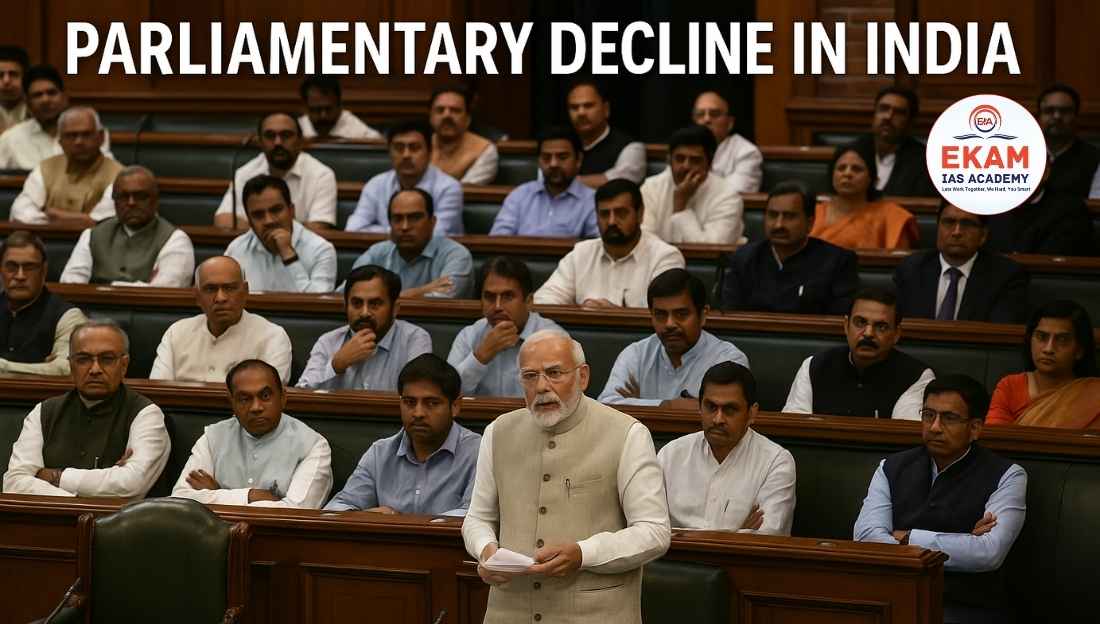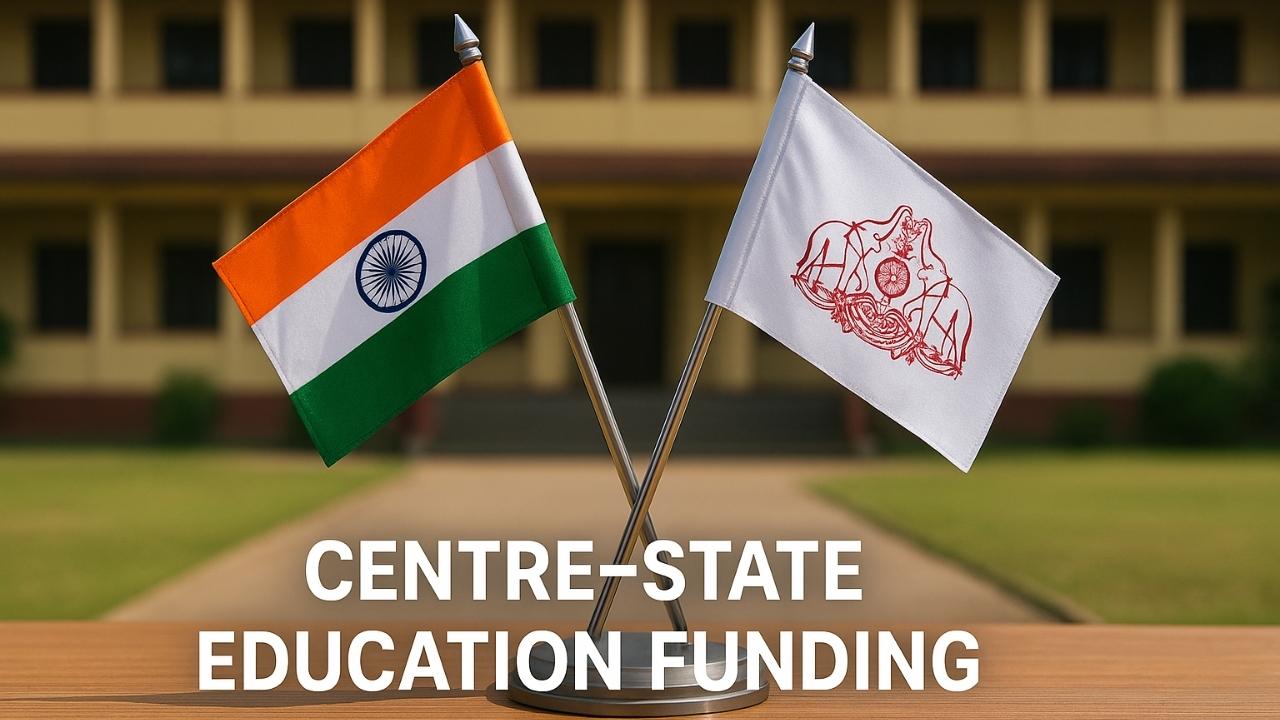The Election Commission of India has launched a Special Intensive Revision (SIR) of electoral rolls in Bihar, which revived discussions around the definition of “ordinarily resident” for voter registration — especially in the context of migrant workers.
What Does the Law Say?
- Section 19 of RP Act, 1950: A person must be ordinarily resident to be registered as a voter.
- Section 20 explains that owning a house doesn’t automatically make one a resident. Temporary absence from one’s residence doesn’t affect one’s status.
- Special categories (armed forces, government employees abroad, etc.) are treated as ordinarily resident in their home constituency.
- Section 20A (added in 2010) allows Non-Resident Indians (NRIs) to vote from their home address listed in the passport.
Role of the Registration of Electors Rules (1960)
- The RER governs how names are added or removed from electoral rolls.
- These rules are framed by the Centre in consultation with the Election Commission.

Challenges for Migrant Workers
- Gauhati High Court (1999) ruled that “ordinarily resident” means someone who lives there habitually, not temporarily.
- Migrant labourers move frequently and often stay in temporary housing near work sites.
- Though they return home regularly, strict interpretation of residency can lead to loss of voting rights in their home constituency.
- Around 11% of India’s population migrates for employment, roughly 15 crore potential voters.
Concerns with the Current System
- Migrants may not wish to register in their temporary location.
- Removing their names from home constituency rolls can disenfranchise them.
- This defeats the purpose of universal adult suffrage and electoral fairness.
Way Forward
- The RP Act and RER may be amended to protect the voting rights of migrant workers.
- Mechanisms like postal ballots, remote voting, or special provisions can be explored.
- Aadhaar linkage could help prevent duplicate registrations across different states.
- Learnings from special provisions for NRIs and service voters could guide reforms.
Conclusion:
India must safeguard migrant workers’ right to vote by updating laws and adopting inclusive practices. A fair electoral process must reflect the realities of internal migration.





